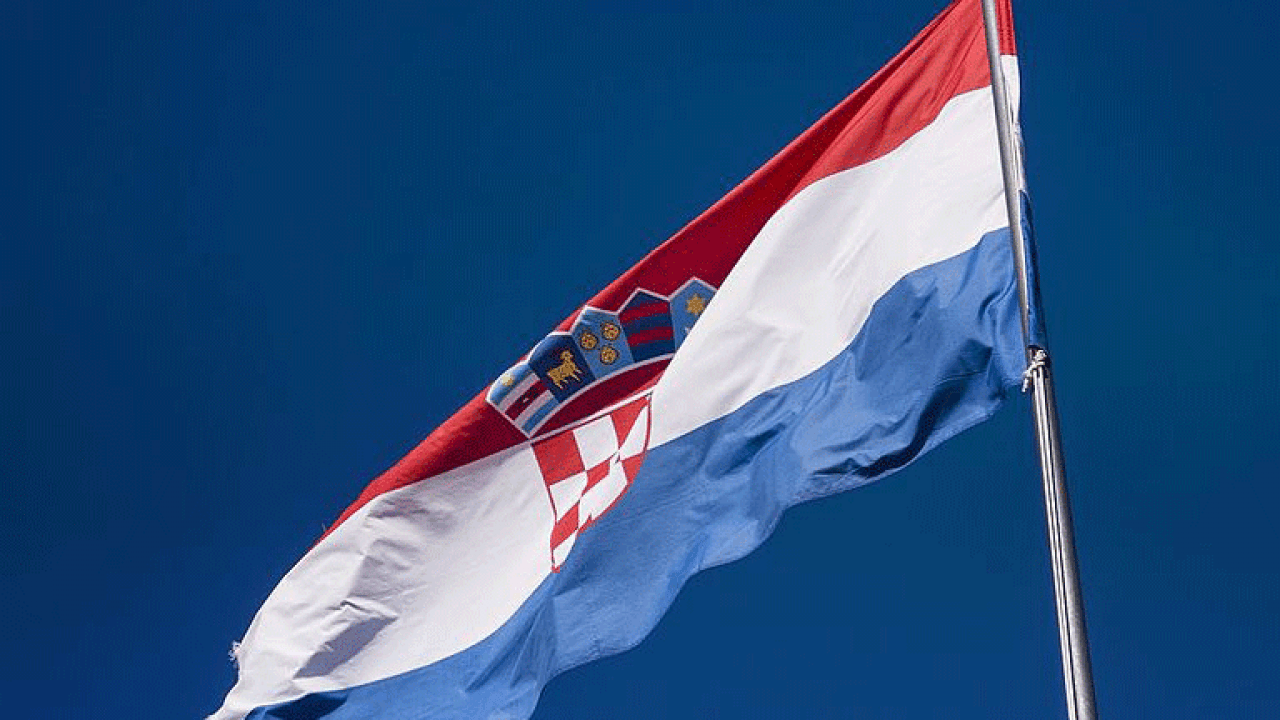Croatia Takes Final Steps Into EU With Open Border And Euro Switch – The switch to the euro and entry into the European Union’s borderless zone have been lauded by Croatia’s prime minister as a “historic moment” for his country, which joined the European Union nearly a decade ago. On Sunday, the Balkan country said goodbye to its kuna currency and joined the eurozone as its 20th member.
It is also the 27th member of the passport-free Schengen zone, the largest in the world, which allows more than 400 million people to freely travel around its members. “It is the season of new beginnings. And there is no place in Europe where this is more true than here in Croatia,” tweeted EU chief Ursula von der Leyen, as she arrived in Croatia to mark the occasion.
She first met Andrej Plenkovic, the prime minister, and the Slovenian president, Natasa Pirc Musar, at a border crossing with EU member Slovenia. During a joint press conference at the Bregana crossing, Von der Leyen praised “two immense achievements” for the EU’s newest member reached on the same day. “So indeed this is a day for the history books.”
People Also Read: Finland PM Sanna Marin Says Europe is Not Strong Enough Without The US
Plenkovic shared the sentiment, emphasizing that it was a “historic moment” because the former Yugoslav republic, which waged an independence war in the 1990s, had accomplished its “strategic goals.” Von der Leyen then traveled to Zagreb, where Plenkovic treated her to coffee on the main square using the new currency as a symbolic gesture. According to experts, adopting the euro will protect Croatia’s economy at a time when global inflation is increasing after Russia’s invasion of Ukraine drove up food and fuel prices.
Some Croatians believe that the introduction of the euro would result in a rise in the cost of living as businesses round up prices when converting to the euro. “It will be difficult. Prices that are already high will become even higher,” said Ivana Toncic, a teacher from Zagreb. But tourist agency employee Marko Pavic said Croatia was joining “an elite club.” “The euro was already a value measure – psychologically it’s nothing new – while entry into Schengen is fantastic news for tourism.” Use of the euro is already widespread in Croatia.
About 80% of bank deposits are in euros, and the majority of Zagreb’s trading partners are in the eurozone. Officials have justified the choice to join the eurozone and Schengen, stating that by doing so, Croatia will complete its full integration into the European Union. In 2013, the country with 3.9 million residents joined the EU.
In an economic downturn, the adoption of the euro will reduce borrowing costs, according to experts. In November, the inflation rate in Croatia hit 13.5%, compared to 10% in the eurozone. Analysts emphasize that eastern EU states with non-eurozone currencies, such as Poland and Hungary, have been even more susceptible to inflationary pressures.
People Also Read: EU Seeks to Freeze €13bn in Funding to Hungary Over Corruption Fears
Emmanuel Macron, the French president, praised Croatia’s adoption of the euro, characterizing it as a “stable and solid” currency that contributed to Europe’s fortitude in the face of the consequences of the Ukrainian war. It is anticipated that Croatia’s entry into the Schengen region will benefit the country’s tourism industry, which accounts for 20% of its gross domestic product.
Previously long lines at the 73 land border crossings with Slovenia and Hungary will no longer exist. However, due to technical challenges, airport border inspections won’t stop until March 26. On its eastern border with non-EU neighbors Bosnia, Montenegro, and Serbia, Croatia will continue to enforce rigorous border controls.




